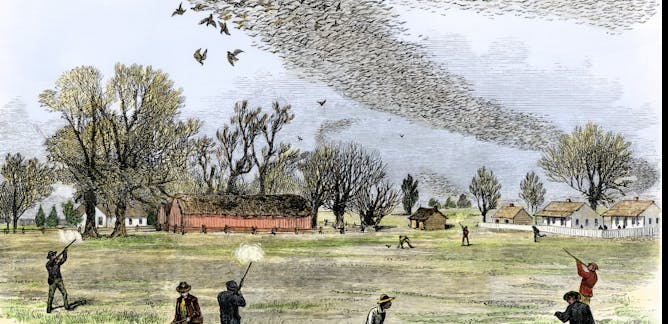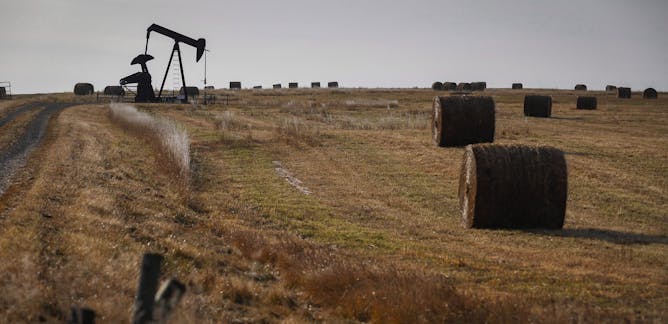|
With everything else being cancelled these days, can I add one more thing to the list? April Fool’s Day. We don’t need it this year ... because what possible prank or hoax could anyone come up with that would be more bizarre than anything we’ve lived through this last month. Enough with the surprises. We all long for a return to normalcy, even though most of us know it’s too soon to even think about when or how or if our lives will ever go back to so-called normal.
Like all journalism organizations, the bulk of the stories produced this month by The Conversation global network have been about various aspects of the coronavirus pandemic. And readers have responded appropriately: there have been more than 100 million views, a record month for the network. Our newsroom, like all newsrooms across Canada and around the world, has been going full out to keep readers up to date with expert-based explanatory stories about the pandemic. But…I’m sensing that maybe this weekend, some of you might like a short break. So for your reading pleasure during another social distancing weekend, I’ve assembled some really great reads that have nothing to do with COVID-19, coronaviruses, pandemics, curve flattening, self-isolating or stock market rollercoaster rides.
Enjoy them while you can. Stay healthy and we’ll be back in your Inbox on Monday.
(And for those who want our latest on that you-know-what topic, you can always go here.)
|
And now for something completely different: Non-coronavirus news
|

Eric Guiry, Trent University
For decades, the extinction of passenger pigeons has been explained by two theories of human impact. New research shows one of these theories is now more compelling than the other.
| |

L.F. Carver, Queen's University, Ontario
Older adults are using social robots and apps, but what does it mean for issues of surveillance and privacy?
|

Christina Baade, McMaster University
During the Second World War, anxious but also bored BBC listeners found comfort in the soothing sounds of Sandy Macpherson, Canadian-born organist.
| |

Judy Baumel-Schwartz, Bar-Ilan University
While male and female prisoners at Auschwitz faced the same ultimate fate – torture, forced labor and near-certain death – women sometimes reacted differently to Nazi captivity.
|

Tyrone McKinley Freeman, IUPUI
The founder of a black hair-care empire supported the NAACP and the Tuskegee Institute, helped preserve Frederick Douglass's home. She also tried to used her prominence to stop lynching.
| |

Matt Brennan, University of Glasgow
Clyde Stubblefield's drumming has been sampled or imitated more than 1,000 times since it was recorded in 1970.
|

Paul Smith, University of Nottingham
With his colleague René Goscinny, Uderzo told the story of the Gaulish nation.
| |

Joanna Buckley, University of Sheffield
Three foods and some cool stuff you should know about them.
|

Richard leBrasseur, Dalhousie University
Nova Scotia's African Canadian communities have grappled with racism for decades. By looking at community green spaces, we can see how they serve the community's unique needs.
| |

Glen Kobussen, University of Saskatchewan; Suresh Kalagnanam, University of Saskatchewan; Whitney Loerzel, University of Saskatchewan
It's virtually impossible to determine if Canada's equalization program is succeeding or failing. That means it's in dire need of a major overhaul rather than small tweaks here and there.
|
|
|